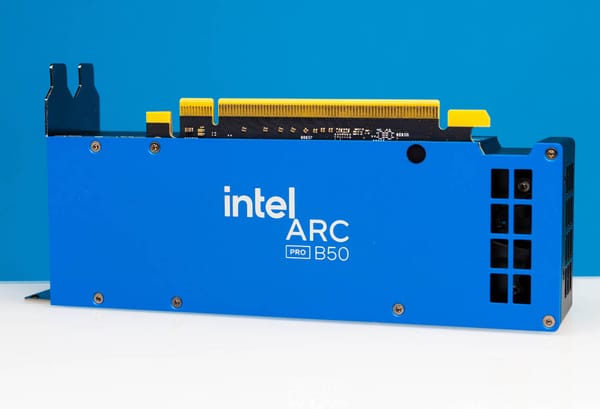Xbox Game Pass was the best deal in gaming - until now

For years, Xbox Game Pass has been the darling of the gaming world—a “Netflix for games” that let players dip into hundreds of titles for one flat fee. But Microsoft’s latest move? A massive price hike that has gamers fuming, canceling subscriptions in droves, and questioning whether Game Pass is really worth it anymore.
A price jump nobody saw coming
Here’s the kicker: the most popular subscription tier, Game Pass Ultimate, just jumped from $19.99 to $29.99 per month. That is over 50% increase overnight.
Microsoft also introduced a tiered structure:
- Essential: $12.99/month
- Premium: $19.99/month
- Ultimate: $29.99/month
Sure, subscription services everywhere are raising prices—but this one feels like a gut punch. The reaction was so intense that, according to BBC Newsbeat, the Game Pass cancellation page actually crashed because so many people tried to back out at once. That’s not exactly the kind of “record traffic” Microsoft wants to brag about.
The bigger picture: Trouble for developers too?
The price backlash is only half the story. Industry veterans are worried Game Pass could be setting gaming on a dangerous path.
- “Disposable” games – Critics argue Game Pass makes titles feel like background noise in a giant catalog rather than products with value.
- Cannibalized sales – Why buy a $70 game if it’s included in your subscription? That might feel great for players, but it could starve developers of crucial revenue.
- “Weird inner tensions” – Former execs like Pete Hines (Bethesda) and Shawn Layden (ex-Sony) warn that studios may feel pressured to build “perfect Game Pass games” instead of taking risks.
One industry insider compared it to the streaming wars in TV: “It’s cool when you’re a subscriber, but long term, someone has to pay the bill—and if it’s not working for creators, it won’t last.”
Why some still defend it
Of course, it’s not all doom and gloom. For some players, Game Pass still delivers insane value. Ultimate subscribers get day-one access to first-party releases—including Microsoft’s crown jewel franchises like Call of Duty. Considering a single new game costs $70 these days, it’s easy to see why some hardcore gamers shrug and say, “Yeah, I’ll pay thirty bucks a month.”
Plus, Game Pass’s rotating library means constant variety. The tradeoff? The second you stop paying, the games vanish. Unlike building a shelf of owned titles, you’re essentially renting access. For some, that’s fine. For others, it’s a dealbreaker.
The bottom line
Microsoft just rolled the dice in a big way. The new pricing might pad its bottom line, but it also risks alienating exactly the community that made Game Pass such a hit in the first place.
Game Pass is still a solid deal—if you’re the type of player who dives into multiple big releases a year. But for casual gamers, that once-unbeatable value feels a lot shakier now.
The bigger question remains: is Game Pass the future of gaming, or is Microsoft pushing too hard on an experiment that could burn out developers and players alike?




